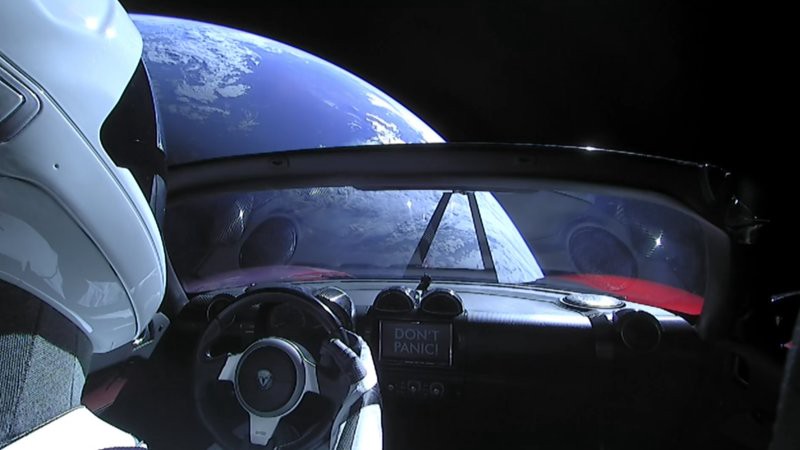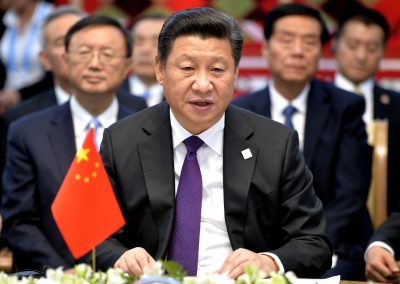
How Elon Musk is making engineers cool again
This is an excerpt from the draft of my upcoming book on great founder theory. Learn more here.
Elon Musk made headlines in 2018 by launching his Tesla Roadster away from Earth at a speed of 12,908 km/h, sending it firmly beyond Mars’ orbit. What could be more clearly wasteful? Except it isn’t. The technologically important part of the launch is that it demonstrates and tests the launch vehicle. The socially important part is that it reorganizes society by conferring status, which enables engineering feats across domains and fields.
When examining the exceptional and the powerful, nearly everyone underestimates how reasonable their actions are. What some denounce as whimsy or waste is often a wise investment that solves real and difficult problems, sometimes in very prosocial ways. Perhaps we can find better ways to solve some of these problems, but these attacks are mere wishful thinking, resting on the assumption that some unstated alternative will naturally spring into existence.
Status is one of the irreplaceable currencies whose necessary transfer is often denounced in this way. Michael Sauder et al. define status as the relative respect and patterns of deference accorded to people, groups and organizations by wider society. I think this is basically right. People cannot engage in any common projects without some commonly agreed-upon deference to people, groups or organizations, nor can they engage in common projects without someone or something holding, and yes, spending status. Status is a coordination mechanism, and this makes it valuable.
If we come together to do great things, much status is required, whether vested in an institution or an individual. That someone will be holding status in this sense, personally or as a representative of an organization, then, is an unavoidable consequence of people coming together to do things. Perhaps one can argue for a dispersed distribution of status as the best way for us to organize such efforts, but the fact is that deference by some towards others on technical and resource distribution questions is still the central guiding factor.
If one merely has enough monetary resources to fund such ventures, but not the social standing to do so, then spending results in backlash from media, society, and eventually government. To test this yourself, imagine someone you detest (perhaps Donald Trump, or Hillary Clinton, or your rival at the office) visibly expending huge amounts of material resources. No matter how good their cause, you’d just wish it wasn’t them undertaking it. Their deployment of resources would feel illegitimate, and you would try to play it down or even punish it if you could. Therefore, many with the means to expend resources in our society do not do so for fear of incurring such enmity—importantly, our society doesn’t punish material inequality when it’s quiet. However, capital is for spending. To deploy it on new ventures is not waste, but use.
In the case of Musk’s car launch, the product of his coordinated human effort was the Falcon Heavy rocket. With a LEO capacity of 63,800 kg, nearly half that of the Saturn V moon rocket (140,000 kg), it towers at 70 meters tall, approximately the height of a 20 storey building. In one respect, it even surpasses that marvel of the 1960s, the Saturn V: the Falcon’s boosters landed simultaneously back at the launch site. To quote the science fiction author and journalist Jerry Pournelle, they “landed on a tail of fire just as God and Robert Heinlein intended”. This demonstrated reusability contributes to improving the economics of deep space travel.
Testing this machine necessitated a test payload. The test payload, which would otherwise have been a piece of space junk, was used as a work of art and promotion. This, then, had effects on the distribution of status. The piles of status replenished by this feat are:
- Elon the Organizer. Attention is brought to the achievements of two of Elon Musk’s companies. This reminds them of demonstrated past competence. Because it is his personal car launched into orbit, the credit is cleanly attributed to the individual that brought about the technical outcome of recruiting and organizing engineers, as well as providing them with necessary funding for their work.
- Exceptional Individuals. People’s attention is brought to individual human achievement in general.
- The Engineers. It viscerally demonstrates that the tastes of engineers can determine resource distribution. The idea of engineers having resources at their disposal is now demonstrated to everyone.
- Space Projects. It demonstrates that it is possible to achieve acclaim in society by working on space exploration.
Of these effects, 2., 3. and 4. are clearly positive externalities. Both Jeff Bezos and NASA now have more organizational capital than before. Someone justifying their choice to major in aerospace engineering to friends and family now has to justify a little less. Should our society be awarding status to the engineers and organizers who achieve such feats? I think the answer is clearly yes.
Whether we house them in the private sector as with Elon, or whether we grant them a government jersey as was done with Von Braun, the nature of their task doesn’t change. The organizers of feats of engineering must fundamentally understand engineering to evaluate engineers, and have to be deferred to both by the engineers themselves and those who have resources to distribute. In turn, the senior engineers must command the deferral of junior engineers. The celebration of such people isn’t merely a personal reward: rather, it is how we replenish this social capital of engineering, which in turn powers the social fabric that enables these people to do what they do. Without it, you can’t go to space.




